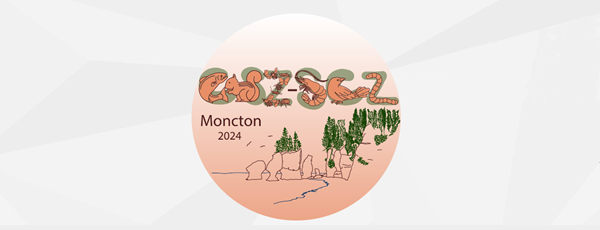
Our intricate history with alcohol production and consumption dates to the Neolithic era. However, our evolutionary history with naturally produced alcohol, mainly ethanol, goes back even further, to our fruit- and nectar-eating ancestors, who used the odours of alcohols produced by natural fermentation to guide them during foraging. Approximately 10 million years ago, many humans developed a mutation that allowed alcohol-digesting enzymes, called alcohol dehydrogenases, to become 40 times more efficient at breaking down ethanol. This ability starts in our throats and continues in our stomachs. But have alcohol dehydrogenases evolved in the same manner and to the same degree in all fruit- and nectar-eating mammals? And do any of these animals get drunk?
To answer these questions, a team of researchers at University of Calgary in Canada, led by postdoctoral scholar, Mareike Janiak, looked at differences in the enzyme alcohol dehydrogenase IV – the main ethanol-digesting enzyme – across a variety of mammalian species. Using a public database of the genetic code (or genome) of different mammals, she found that the ability to break down ethanol varied among species and it is influenced by diet. Animals from the cetacean family, such as whales, porpoises and narwhals, along with carnivores, insectivores and herbivores appeared to have lost their alcohol dehydrogenase IV and the ability to break down ethanol entirely. The research team concluded that this loss was due to the animals’ fruit- and nectar-free diets.
What struck the research group was that the ability to break down alcohol was also lost in herbivores, which was a surprise because plants produce their own alcohols, although they are very different from the ethanol produced by fruit. Through their analysis of the differences in mammal gut length and structure, Janiak and colleagues concluded that the smaller stomachs of herbivores allow food to pass into the intestine faster, where it is then digested by the gut bacteria. While the animals themselves may have lost the ability to break down alcohols, the authors suggest that perhaps gut bacteria compensate by digesting the alcohol on the animal's behalf. With this new discovery, the authors concluded that a combination of diet and gut size plays a role in the ability of mammals to break down alcohols.
But are there exceptions to the rule linking diet and gut length to the ability to digest alcohol? The authors found that koalas have set themselves apart, because they can digest ethanol, even though they do not eat fruit or nectar. In fact, they eat eucalyptus leaves, which are toxic to most mammals. Could their improved and efficient alcohol dehydrogenase IV serve other purposes and protect them from the poison in their diet? The team thinks so and urges researchers to explore the activity of this enzyme in koalas in the future.
Based on this research, though, how likely is it that mammals get drunk? Depending on the species, the authors think it is likely, but caution us not to attribute human characteristics, such as intoxication, to animal behaviour. If we want to have animal models for human diseases, such as alcoholism, Mareike Janiak and her group advise us to look at the physiology of individual species and how it connects to their evolution and ecology before labelling a certain behaviour as drunkenness. The authors suggest that we should not let our current understanding of our own physiology cloud how we see behaviour in other species without connecting it to its genetic history and habitat. There is no definitive manual of answers to every question of mammalian physiology; every species is, after all, unique.








